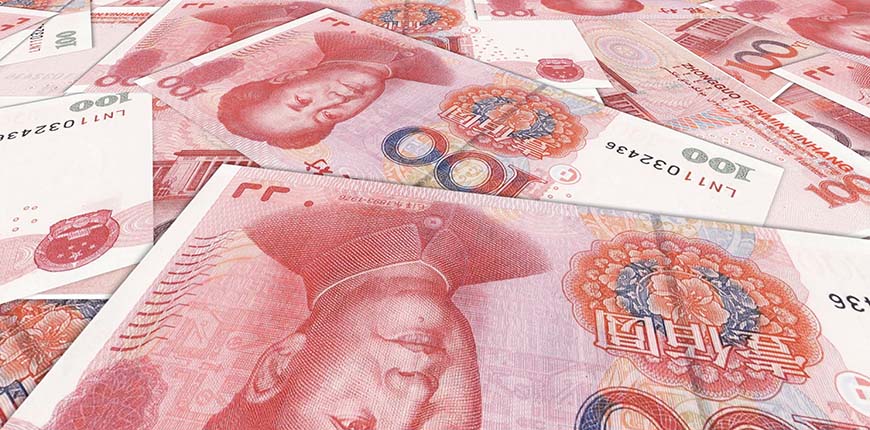Individual income tax is China’s third highest contributor to the nation’s total tax revenue, amounting 1.2Trn RMB in 2017. That’s 8.3% of all the country’s tax receipts.
The newly established Chinese IIT law aims to make income tax fairer in the Chinese labour market. This will affect foreign workers and Chinese workers alike, so let’s have a look at what it could mean for you.
Calculate your income tax for 2021
If you reside in China for more than 183 days within one year, you will be considered as a resident eligible for taxation. The exact point at which ‘one year’ starts and ends is still unclear; for now it would be best to assume that any stretch of 183 days within a 365 day span is accountable.
This new limit replaces the ‘five year rule’ which stated expats didn’t need to start paying tax until they had been a resident for over five years.
Residents will now be taxed on any earnings over 5000RMB per month (60,000 RMB per year). The previous threshold for tax was 3500RMB per month. As well as this, the taxation is now calculated based on yearly earnings, not monthly.
There are allowances and deductions made for special cases, such as looking after the elderly, childhood education, further education, treatment of serious disease and housing or loan interest and rent.
There are also some reports suggesting that those who make large sums of money through end-of-year bonuses will be subject to the same taxation on those earnings.
The new law comes into force on 1st January 2019, and part of the new minimum threshold clause has been put into action already this month.
If you reside and work in China for more than 183 days in a year, these new rules will likely have an effect on your earnings, so please keep this in mind as you go into 2019.









